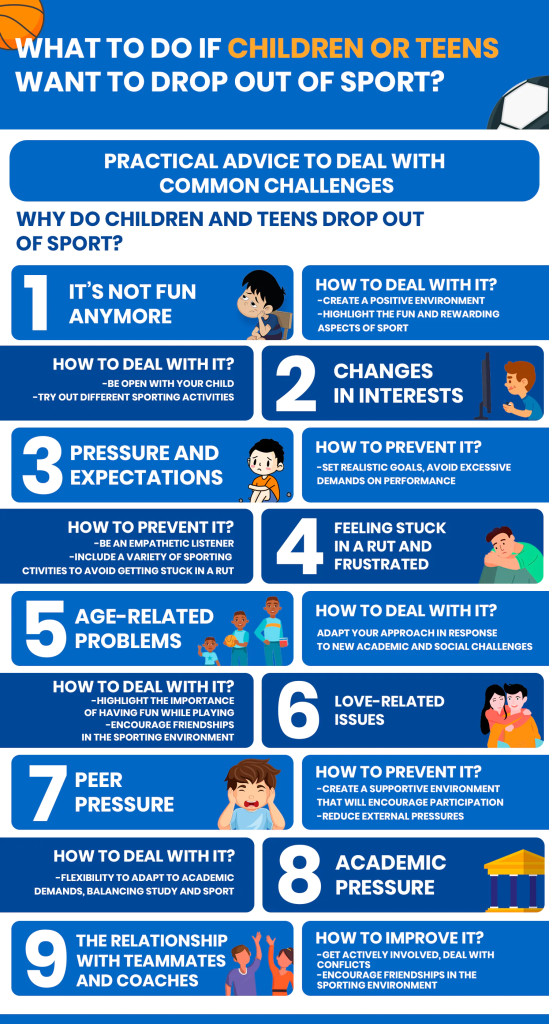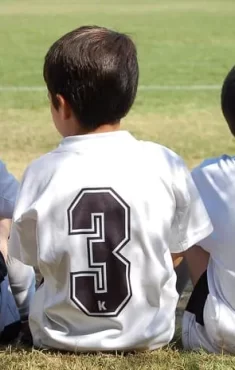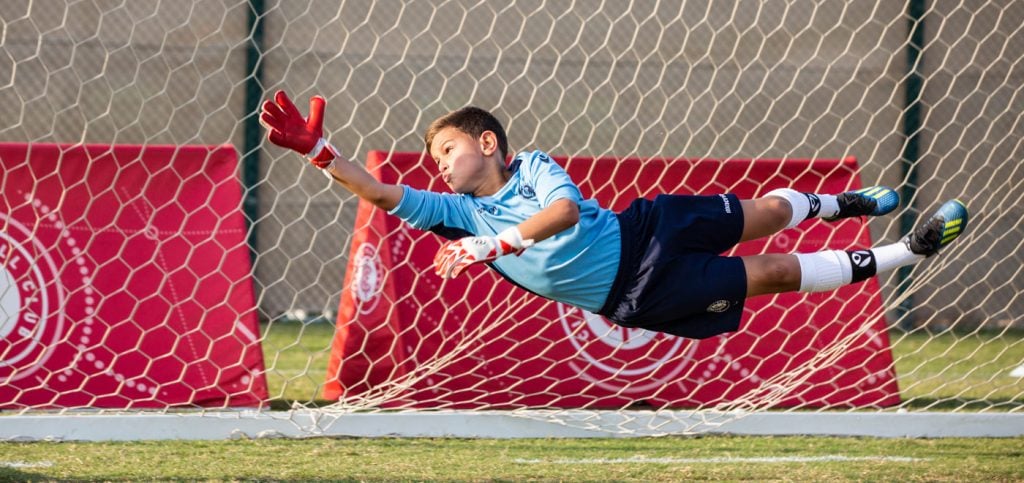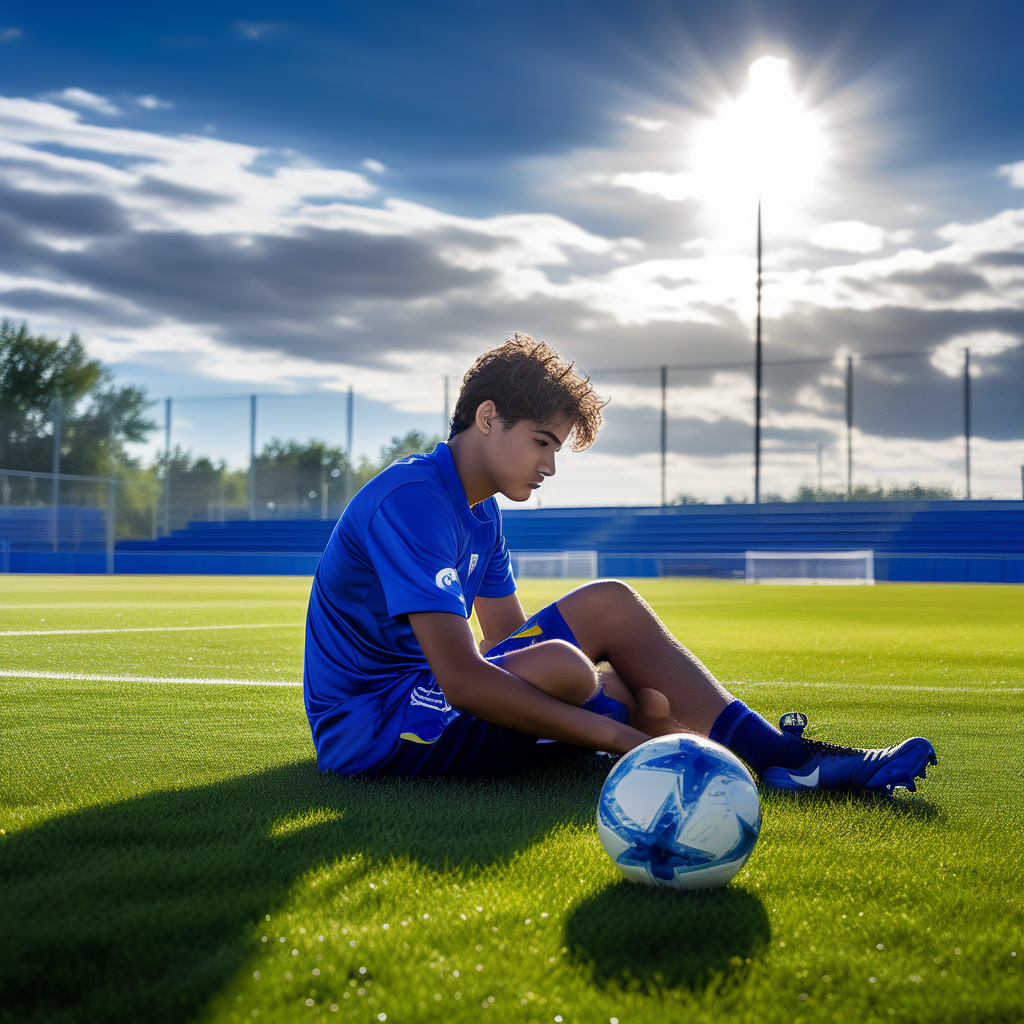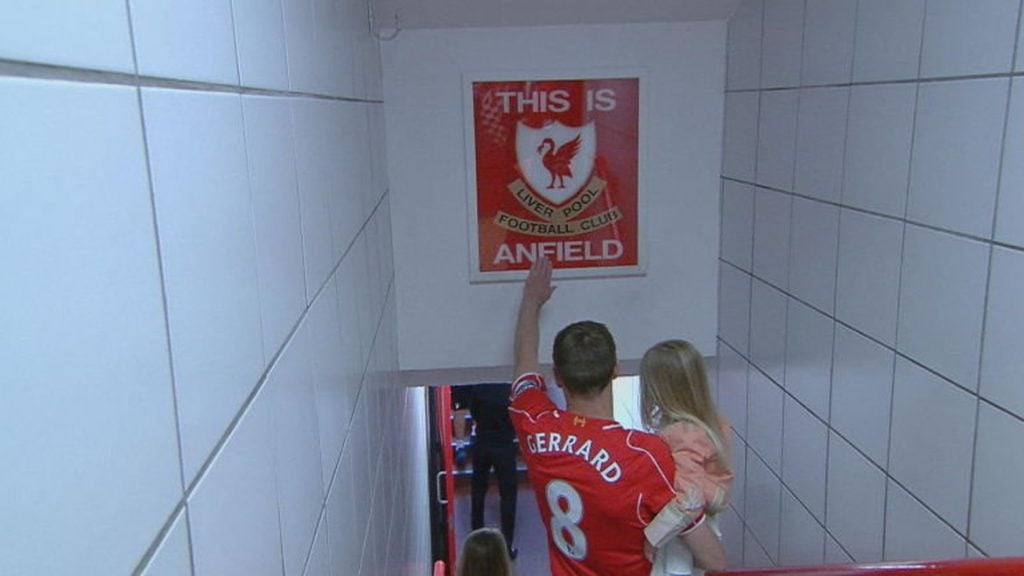Children’s and adolescents’ interest in sports can be as short-lived as their growth. As they go through different developmental stages, various factors can influence their perception of and participation in sports activities.
Dropping out of sports in adolescence and childhood is a common phenomenon, and understanding its causes and consequences is essential for parents. In this article, we will explain the reasons behind sport dropout, highlighting the fundamental benefits of physical activity and providing effective strategies to address this situation from a psychological and emotional perspective.
Main reasons for adolescents and children to drop out of sport

Maintaining interest at an early age is difficult and there are a variety of reasons why children and adolescents lose interest in sport. Identifying the causes of abandonment allows us to take measures to avoid it and to maintain enthusiasm for the activity. The following are some of the main ones.
It stops being fun
One of the main reasons why children and adolescents drop out of sports is that it is no longer fun. As they get older, their expectations and needs change, and what was once exciting can become monotonous.
Changing interests
Over time, children may discover new passions and interests that compete with time spent in sports. The diversity of recreational options available can lead to a natural shift in preferences.
Pressures and expectations
Excessive expectations and performance pressures can be overwhelming for children. Fear of failure can lead to a loss of interest and, ultimately, abandonment of the sport.
Feeling of stagnation and frustration
When children feel they are not progressing or experience persistent difficulties, they may have a sense of stagnation and frustration, which contributes to disinterest.
Age
As children enter adolescence, they may face new academic and social demands, sometimes resulting in decreased sports participation.
Infatuation
Falling in love can lead to a shift in priorities, and sports activities may lose importance to personal relationships.
Pressure from friends
The influence of friends is significant in adolescence. If friends do not share an interest in sports, an adolescent may feel pressure to drop out of the activity to fit in better.
Academic pressures
Academic demands may increase as children progress through school, leaving less time and energy for sports practice.
Relationships with teammates and coaches
Conflicts with teammates or disagreements with coaches can contribute to disinterest in sports and, eventually, dropping out.
Importance and Benefits of Sport for Developing Children and Adolescents
The benefits of sport, including soccer, for the physical and mental development of children and adolescents are abundant and crucial. In addition to promoting a healthy lifestyle, sports participation contributes to the development of social skills, self-esteem and emotional resilience.
Regular physical activity improves cardiovascular health, strengthens muscles and bones, and aids in maintaining a healthy weight. In addition, sports promote discipline, teamwork and time management, which are fundamental skills for success in everyday life.
From a psychological perspective, sport and sport psychology play a significant role. These disciplines address the mind-body connection and provide strategies for managing stress, improving performance and fostering a positive mindset.
Warning signs: indicators of disengagement in child and adolescent athletes
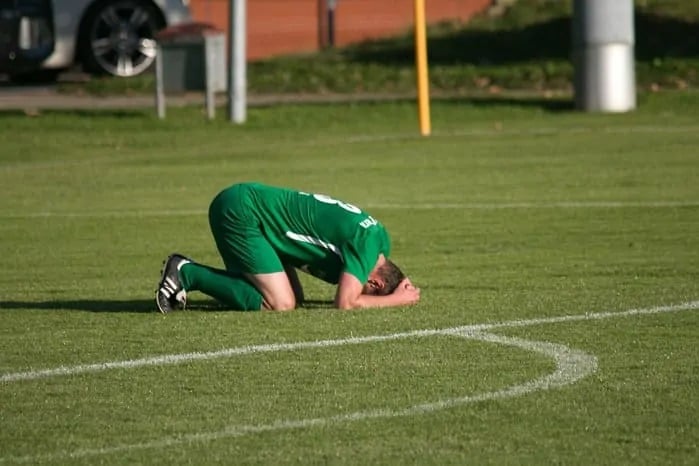
Identifying signs of disinterest at an early stage is essential to address the problem before it becomes a complete dropout from the sport. Some common signs include:
Negative attitude toward practices
A negative attitude toward practices or sporting events may indicate a growing disinterest. This can be observed by a lack of enthusiasm for attending events or practices, lack of active participation, and even apathetic body language and expressions.
Lack of attendance for no apparent reason
Consistent non-attendance without clear reasons may be an indicator of disinterest. The child or adolescent begins to absent him/herself for no apparent reason from practices and creates unfounded excuses.
Expressions of reluctance or lack of encouragement
This refers to visible signs of listlessness and a noticeable lack of interest in sporting events. They are evident apathetic facial gestures, lack of energy and general participation, disinterested postures, among other signs of disconnection with the activity to be performed.
Decrease in sports performance
A noticeable decrease in sports performance may be the result of disinterest or lack of motivation. When a child or adolescent loses interest in an activity due to lack of motivation, this is evidenced by a drop in performance.
Distancing from teammates
Social isolation or alienation from teammates may indicate sports-related problems. Emotional detachment may be observed and is manifested by avoidance of interactions, decreased communication and lack of collaboration in activities.
Frequent mentions of burnout
Frequent talk of physical or emotional exhaustion may be a sign of burnout in sports participation. This may be associated with overtraining, lack of adequate rest or very high expectations that the child or adolescent athlete cannot handle and generate fatigue that is expressed as lack of attraction.
Avoidance when talking about sports
Avoiding talking about a subject, in this case a sport, is a sign of reticence. Consequently, when a child athlete or adolescent avoids talking about something it may be because he/she avoids feeling bad, putting him/herself in a situation of discomfort. So, it is essential to deal with the situation in an empathetic way.
How adolescent sports dropout can be effectively addressed
Early and appropriate intervention can help reverse disinterest and foster a positive relationship with sport. Here are some key strategies:
Reinforce a positive environment
Foster a positive environment around sport by highlighting thefun and rewarding aspects of physical activity. It’s not just about motivation before a big game, it’s about maintaining consistent motivation.
Keep communication open
Establish open and responsive communication to understand the child’s or teen’s feelings and thoughts about the sport.
Be personally and actively involved in their activities
Seek out ideas for sports with your children and actively participate in sports practices and events, showing genuine interest in their participation.
Listen empathetically and respect their decisions
Listen empathetically and respect your child’s choices, recognizing that their interests may evolve over time.
Introduce variety in sports activities
Explore different sports activities to find those that best suit your child’s interests and abilities.
Set realistic and achievable goals
Help set realistic and achievable goals, avoiding excessive pressure that can contribute to disinterest.
Emphasize the importance of play and fun in sports
Emphasize that sport is not only about competing, but also about enjoying and having fun in the process.
Avoid putting undue pressure
Avoids putting undue pressure on performance and results, allowing participation to be a positive and enriching experience.
Encourage sports friendships
Encourage the formation of friendships within the sports context, creating social bonds that strengthen the connection with the activity.
Opt for sports camps
An alternative to make sports attractive to children and adolescents are sports camps. These promote fellowship and give the opportunity to explore different sports disciplines such as soccer summer camps that can offer an enriching experience.
Benefits of sports camps to keep kids motivated
Sports camps are an excellent option for children and teenagers to keep them motivated in different sports disciplines, since in addition to soccer you can find camps for all kinds of sports such as: rugby, horse riding, tennis, golf, water sports, basketball among others and in alternatives such as Ertheo Academy has them all available so that the lack of options is not a drawback. Other benefits of these camps that prevent children and adolescents from dropping out of sports are:
- They offer a positive social experience by allowing children to interact and share experiences with others passionate about the same sport.
- Diversity in programming prevents monotony and keeps children interested.
- They provide children with a sense of accomplishment that reinforces motivation and self-confidence.
- The playful, hands-on approach of sports camps makes learning fun.
- Healthy competition stimulates the desire to improve and achieve personal goals, without pressure.
They provide children with the opportunity to improve techniques, tactics and physical skills, which can be motivating.
Conclusions
There are many reasons why children and adolescents should be physically active and the abandonment of sport in adolescence and childhood is a reality that many parents face. Understanding the reasons behind this phenomenon and taking proactive measures is essential to ensure holistic and healthy development. By focusing on the psychology of sport, the fundamental benefits and effective strategies, parents can play a vital role in creating a positive and lasting sport experience for their children. In doing so, they are not only fostering a healthy lifestyle, but also cultivating social and emotional skills that will last throughout their children’s lives.
Click here to download the infographic what to do if your kids want to quit sports (add infographic)
